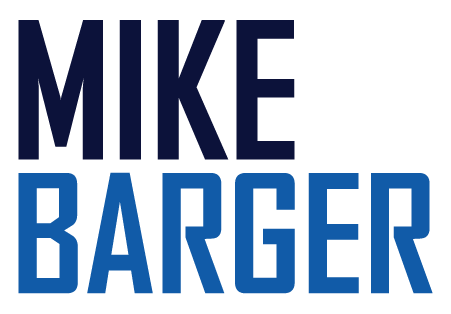Very little research has been conducted on the various ways that people within organizations have or have not learned from their experiences following a crisis. It is generally agreed, however, that learning can take place both formally and informally. We just don’t know how frequently this happens or how effective it is being done. Personal reflection is an increasingly popular approach to learning from experience – and I do so as a matter of habit. But even if done exceptionally well, I believe that individual reflection can only take you so far. To truly optimize your learning from experience, you’ll want to expand your perspective – particularly when trying to extract some valuable lessons from a recent organizational disruption.
What might this look like? I offer for your consideration the manner in which flight instructors at the US Navy’s TOPGUN school approach experiential learning as an illustration of an exceptional way to include multiple perspectives in the process. As a former Chief Instructor at the Navy’s premiere graduate school for its fighter pilots, I have always found the school’s approach to teaching and learning one of the best ever designed. Here is how learning from experience is done the TOPGUN way.
The TOPGUN training course is essentially a ten-week program of successive, increasingly complex crises. Training flights involve simulated missions, designed to represent potential real world combat scenarios, where the opposition is expertly provided by highly-trained TOPGUN instructors. Student pilots plan for each specific scenario and then head out to the flight range to conduct their simulated – intense, and very realistic – training events. These events are designed such that if students perform flawlessly, then they have the potential to achieve what one might describe as a mission victory. Unfortunately, as a product of the sheer complexity and dynamics of each training “crisis” (that’s how these training events feel), students are unable to perform flawlessly, resulting in some exceptional lessons in terms of “what should have happened, what actually happened, and what impacted or impeded performance.” Not that mission success wouldn’t provide some great lessons, but there is even greater learning to be gained by examining that which didn’t quite go according to plan. Imagine being put through ten weeks of high-stress, high-risk training sessions like these at your organization. What might you learn about yourself, your team, and your organization? Perhaps more importantly, what would you do to optimize your learning?
At TOPGUN, learning is an exhaustive and deeply reflective practice. What the staff at the school has learned over 52 years of teaching excellence is that very little quality learning takes place simply as a result of flying the training events. While experience is vitally important to the learning process, that experience, by itself, does not automatically produce learning. In fact, due to the complex nature of each event and the nearly impossible task for students of having a crystal clear picture of the events as they played out (does this sound like the environment of a typical crisis?), it is difficult for students to know what actually took place, much less to be able to identify key lessons. This is why ALL training events at TOPGUN are debriefed (i.e., examined and discussed) in teams of students and instructors for several hours after the fact. The students reflect on, present, and discuss their performance – that is, what they expected, what they believe happened, what they did well, and what could have been improved – while instructors facilitate by providing clarity about the objectives of the scenario, what actually happened, and what should (sometimes must) be improved for the students going forward.
In my three years as a member of the TOPGUN instructor staff, my single most significant takeaway about the learning process following a complex experience – like a TOPGUN training event or an organizational crisis – is that learning cannot take place to a significant degree simply as a result of experience. Nor can it be fully realized through simple, personal reflection. Complex events require deep reflection, facilitated discussion, and input from as many different perspectives as possible to truly learn and improve. What does this mean to you? That learning from complex experiences should NOT be left to individuals to realize. Learning should be thought of as a team sport and it should NOT be taken for granted. It’s also important for high-stakes leaders to understand that just because an experience (like a crisis or disruption) produces lessons and insights does not necessarily translate into sustained organizational learning. Ultimately, learning matters little if the lessons aren’t translated into improved practices and behaviors that last. Once again, this is where facilitation can become an important factor in the ability of an organization to learn from its experience. Facilitated workshops and working sessions can be exceptional tools in a high-stakes leader’s toolkit to help an organization learn from experience and translate those lessons into improved performance.
